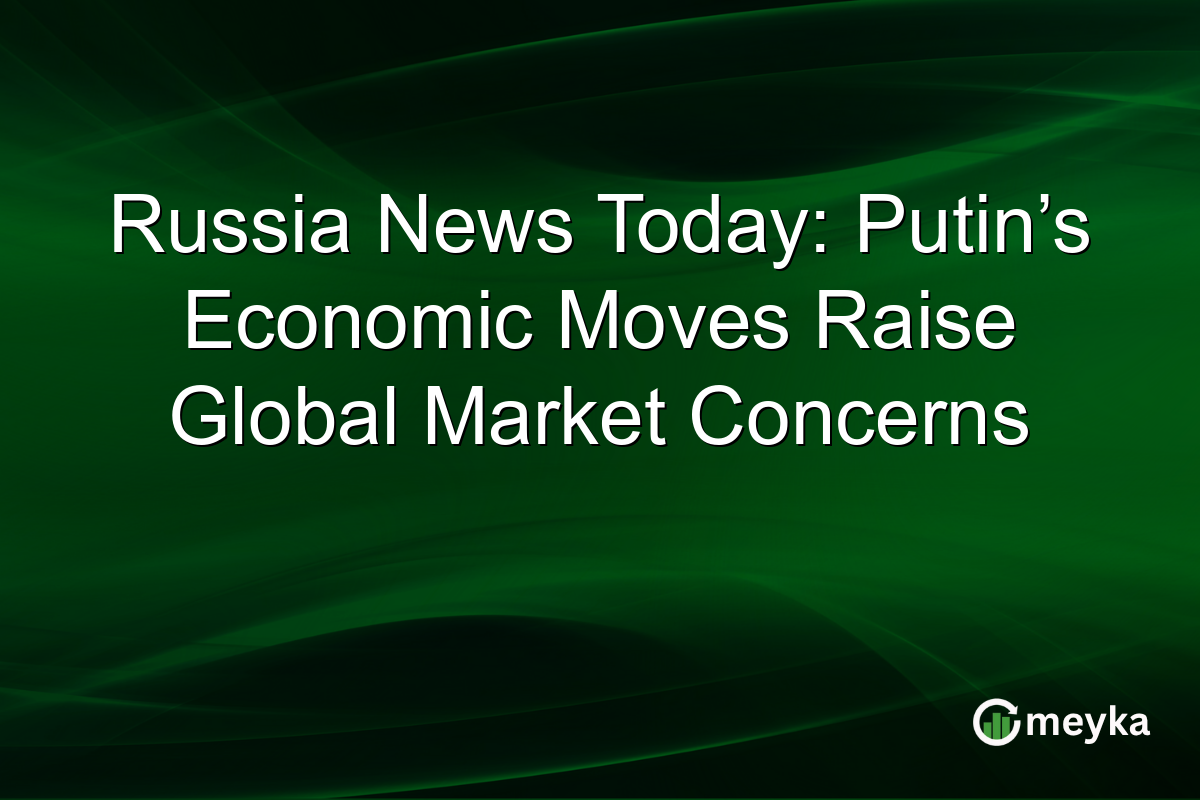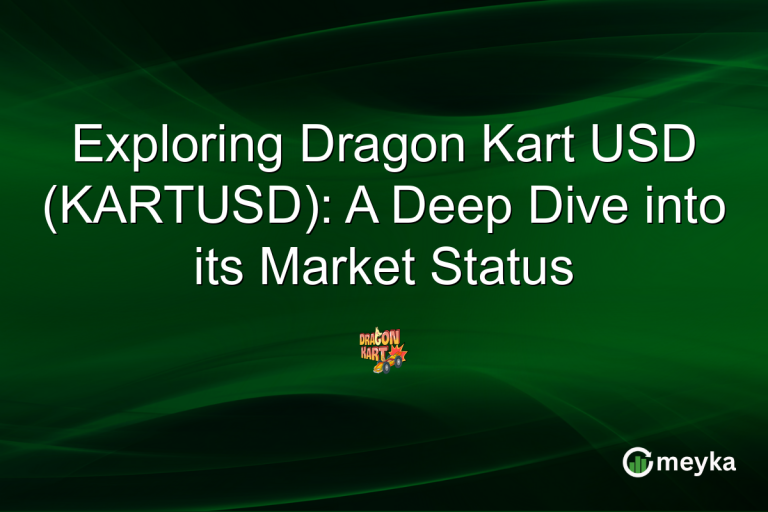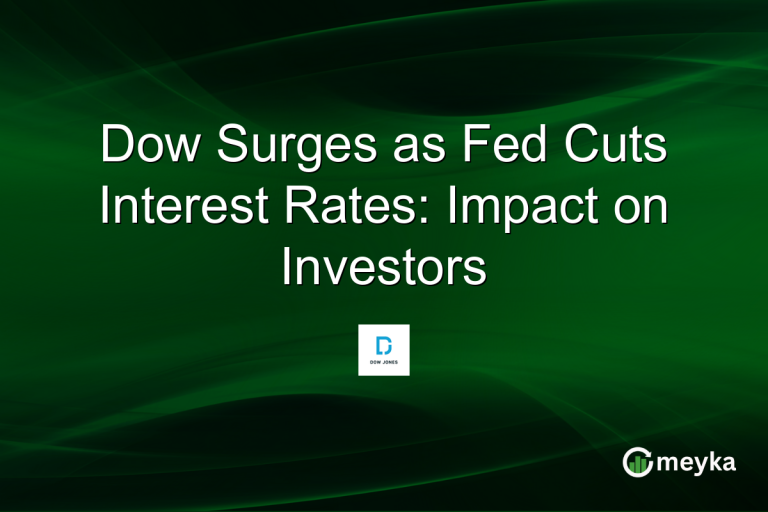Russia News Today: Putin’s Economic Moves Raise Global Market Concerns
Vladimir Putin has once again captured global attention with his recent economic strategies. His latest comments on Russia’s energy policy and international sanctions have sent ripples through global markets. Analysts are observing keenly as these developments have immediate implications for oil prices and Europe’s energy stability. The focus keyword here is Putin economic impact, which continues to shape conversations in the financial sector.
Putin’s Economic Strategies and Global Reactions
Vladimir Putin’s announcements regarding Russia’s economic policies are under the spotlight. His focus on strengthening energy exports amidst ongoing sanctions is a key development. Recent statements suggest a potential reshaping of the global energy landscape, especially with a firm stance on oil production and export strategies. The immediate reaction in global markets was a spike in oil prices, reflecting concerns over the stability of energy supplies.
Putin’s measures have heightened the need for European nations to reassess their energy dependencies. This is particularly relevant amid high energy prices in 2025. Investors are closely watching these shifts, considering impacts on both short-term market stability and long-term investment strategies. More on this from CNBC.
Russian Sanctions and Market Implications
The impact of Russian sanctions on market dynamics cannot be overlooked. With new sanctions aimed at curbing Russia’s economic capabilities, sectors reliant on Russian resources face uncertainty. This includes vital industries such as energy and commodities.
For global markets, these sanctions have contributed to volatility, with investors responding to potential supply chain disruptions. Analysts predict that continued pressure on Russia might lead to more aggressive economic counter-measures from Putin, impacting global trade patterns. Reuters offers further insights on market reactions here.
Putin’s Oil Policy and Energy Prices in 2025
Putin’s oil policy is central to understanding current global market trends. His approach to managing Russia’s vast energy resources affects not only oil prices but also global energy security. With the current state of ‘energy prices 2025’, any shifts in Russian oil exports are bound to influence global supply and demand dynamics.
As markets adjust to Putin’s strategies, there is ongoing speculation about potential further price increases. European nations, heavily reliant on Russian energy, are particularly vulnerable to such fluctuations. Investors and policymakers are exploring alternative energy sources to mitigate risks. Bloomberg’s coverage on this is available here.
Final Thoughts
In sum, Vladimir Putin’s economic moves are reshaping global market conversations. His energy-focused strategies and handling of international sanctions have highlighted vulnerabilities in global supply chains, particularly within the energy sector. Analysts and investors are keenly observing these developments, focusing on potential impacts on oil prices and market stability.
Understanding “Putin economic impact” involves recognizing how his policies influence global markets and drive international trade discussions. As these dynamics evolve, stakeholders must prepare for ongoing changes in the energy landscape and global economic strategies.
FAQs
Putin’s economic policies, especially regarding energy exports and management of sanctions, play a critical role in global market dynamics. His strategies affect oil prices and energy supply stability, impacting global trade and investment decisions.
Russian sanctions disrupt supply chains and create market volatility. Sectors reliant on Russian resources, like energy and commodities, face uncertainties, making investors cautious.
Putin’s oil policy affects global energy supply, directly influencing oil prices. Any changes in Russia’s export strategies can lead to adjustments in energy prices, particularly impacting nations dependent on Russian energy.
Disclaimer:
This is for information only, not financial advice. Always do your research.






